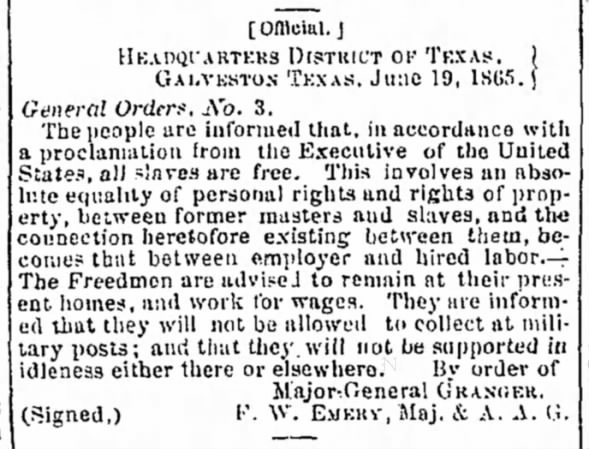 |
| The first reading of the Emancipation Proclamation before the cabinet Painted by F.B. Carpenter / engraved by A.H. Ritchie via Library of Congress |
As reported by Francis Bicknell Carpenter in The Independent and widely reprinted by American newspapers in June 1865:
... Mr. Chase told me that, at the Cabinet meeting immediately after the battle of Antietam, and just prior to the issue of the September proclamation, the President entered upon the business before them, by saying that "the time for the annunciation of the emancipation policy could no longer be delayed. Public sentiment," he thought, "would sustain it, many of his warmest friends and supporters demanded it; and he had promised his God that he would do it!" The last part of this was uttered in a low tone, and appeared to be heard by no one but Secretary Chase, who was sitting near him. He asked the President if he correctly understood him. Mr. Lincoln replied: "I made a solemn vow before God that, if General Lee was driven back from Pennsylvania, I would crown the result by the declaration of freedom to the slaves!"
--Albany Evening Journal (Albany, New York) June 17, 1865This account also appears on pages 89-90 in F. B. Carpenter, Six Months at the White House (New York, 1866).
 |
| President A. Lincoln / Reading the Bible to his son via Library of Congress |
 Wed, Jun 21, 1865 – Page 1 · The Galveston Daily News (Galveston, Texas) · Newspapers.com
Wed, Jun 21, 1865 – Page 1 · The Galveston Daily News (Galveston, Texas) · Newspapers.com
[Official.]HEADQUARTERS DISTRICT OF TEXAS,GALVESTON TEXAS, June 19, 1865.General Orders, No. 3The people are informed that, in accordance with a proclamation from the Executive of the United States, all slaves are free. This involves an absolute equality of personal rights and rights of property, between former masters and slaves, and the connection heretofore existing between them, becomes that between employer and hired labor.-- The Freedmen are advised to remain at their present homes, and work for wages. They are informed that they will not be allowed to collect at military posts; and that they will not be supported in idleness either there or elsewhere.
By order ofMajor-General GRANGER,(Signed,) F. W. EMERY, Maj. & A. A. G.
Related post:--Galveston Daily News, June 21, 1865
- Lincoln's lost words
https://melvilliana.blogspot.com/2017/08/lincolns-lost-words-slavery-is-sin.html

No comments:
Post a Comment